Dong Ding Mountain, located in Lugu Township, Nantou County, Taiwan, has been cultivating and producing tea for hundreds of years.
The production of Dong Ding Oolong Tea in the area has a long history, spanning over a hundred years, making it one of Taiwan`s famous teas. Early well-known Taiwanese teas include Baozhong Tea from the north, Oriental Beauty Tea, and Dong Ding Oolong Tea from the central region, summarized by the phrase “Baozhong in the north, Dong Ding in the south.” This phrase reflects the early tea drinking habits and preferences of Taiwanese people.
The literal meaning of “Dong Ding Mountain” refers to a cold mountaintop. However, a more accurate explanation requires understanding its Minnan (Southern Fujian) language roots. “Dong” (to freeze) originates from the action of using toes to scrape the soil, and “Ding” means mountaintop. Due to the slippery soil of Dong Ding Mountain, it`s easy to slip and fall while climbing without shoes. Climbers had to rely on their toes gripping the soil to ascend.
The local term “Huangjin Soil” refers to the sandy clay soil of the area, indicating its color and texture. This soil type, known for its excellent drainage, is highly favored by tea plants. Water towers are common in the tea gardens of Dong Ding Mountain due to the soil`s drainage properties, necessitating frequent water replenishment. Containers in the tea gardens are not for mass tea shipments but rather serve as modified storage units.
Dong Ding Oolong Tea comes from three villages: Fenghuang Village, Zhangya Village, and Yonglong Village. Fenghuang Village is divided into Dingcheng and Ercheng (upper and lower villages), named after the Phoenix Mountain at its base. The majority of villagers in Fenghuang share the surnames Chen and Zhang. Phoenix Mountain is home to Taiwan`s native mountain tea, known as Phoenix Mountain Tea. Fenghuang Village, specifically Ercheng, is a significant site for tea enthusiasts seeking the origins of their favorite brew.
The renown of Dong Ding Oolong Tea can be attributed to former President Chiang Ching-kuo, who visited Dong Ding Mountain multiple times and requested that government offices serve Dong Ding Oolong Tea, thereby boosting its popularity both in Taiwan and internationally.
About thirty years ago, during the peak of Dong Ding Oolong Tea`s popularity, almost every household was involved in tea production. Merchants would stand at doorsteps with cash in hand, ready to buy tea. If you weren`t careful, your tea could be sold out in an instant. Fog often envelops Dong Ding Mountain, making air conditioning unnecessary. Besides tea gardens and factories, the area mainly has grocery stores and snack bars. Mornings begin with rooster crows cutting through the fog, serving as the villagers` alarm clock. In the afternoon, dense, moist fog covers the countryside, and villagers pause their farming work to prepare dinner. At night, the fog clears to reveal a starry sky, and villagers turn on their TVs to watch local dramas, marking the rhythm of their daily lives.
The excellent drainage of Dong Ding Mountain`s soil, combined with strong sunlight and warm weather, contributes to the tea`s slightly stimulating initial taste but strong aftertaste and ripe floral fragrance. The roasting process enhances and prolongs the aftertaste, infusing the aroma with the scent of ripe fruits.
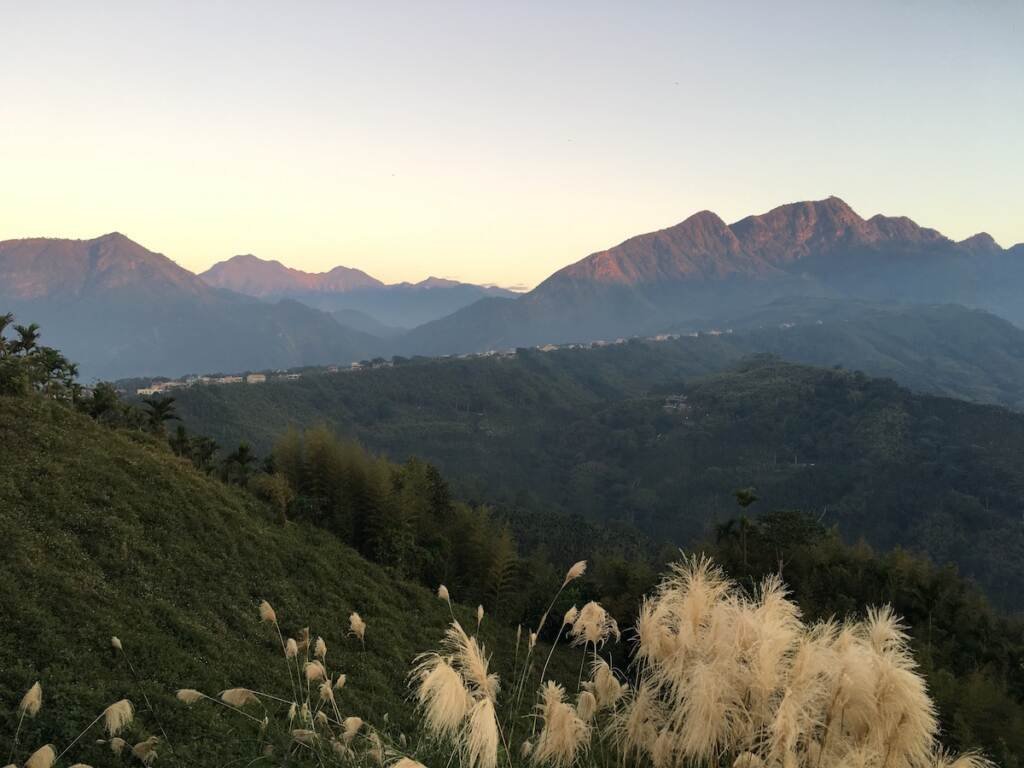
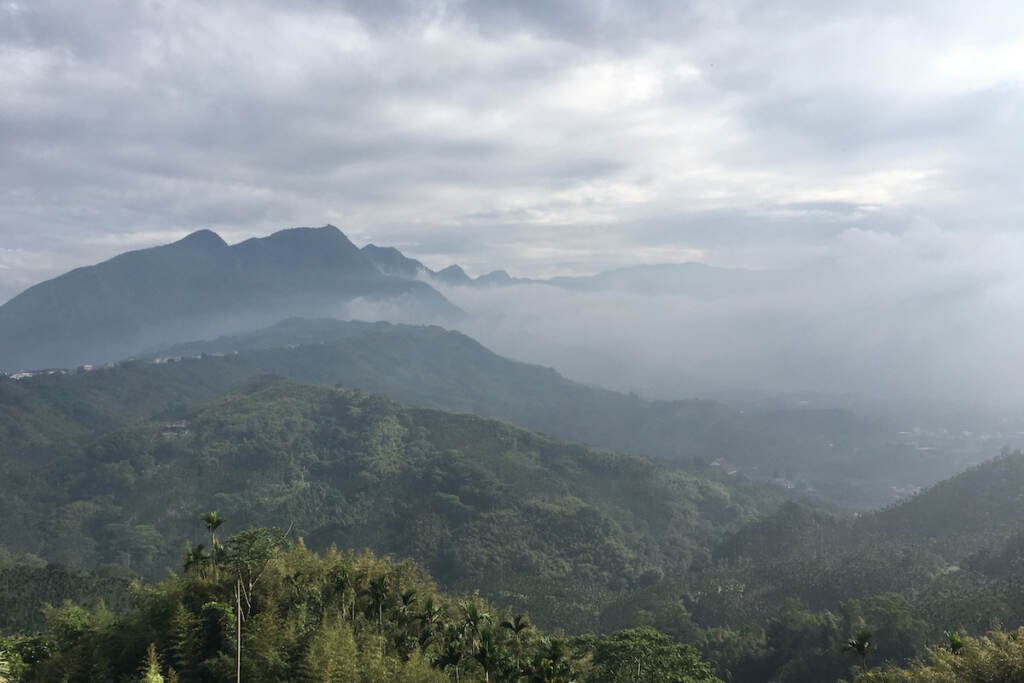
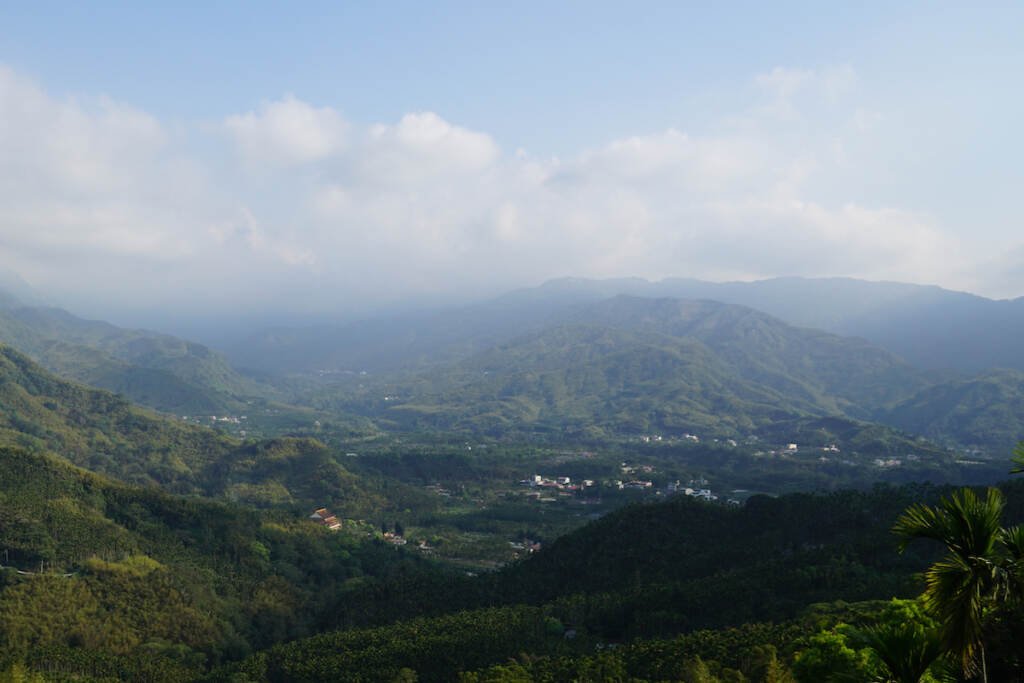

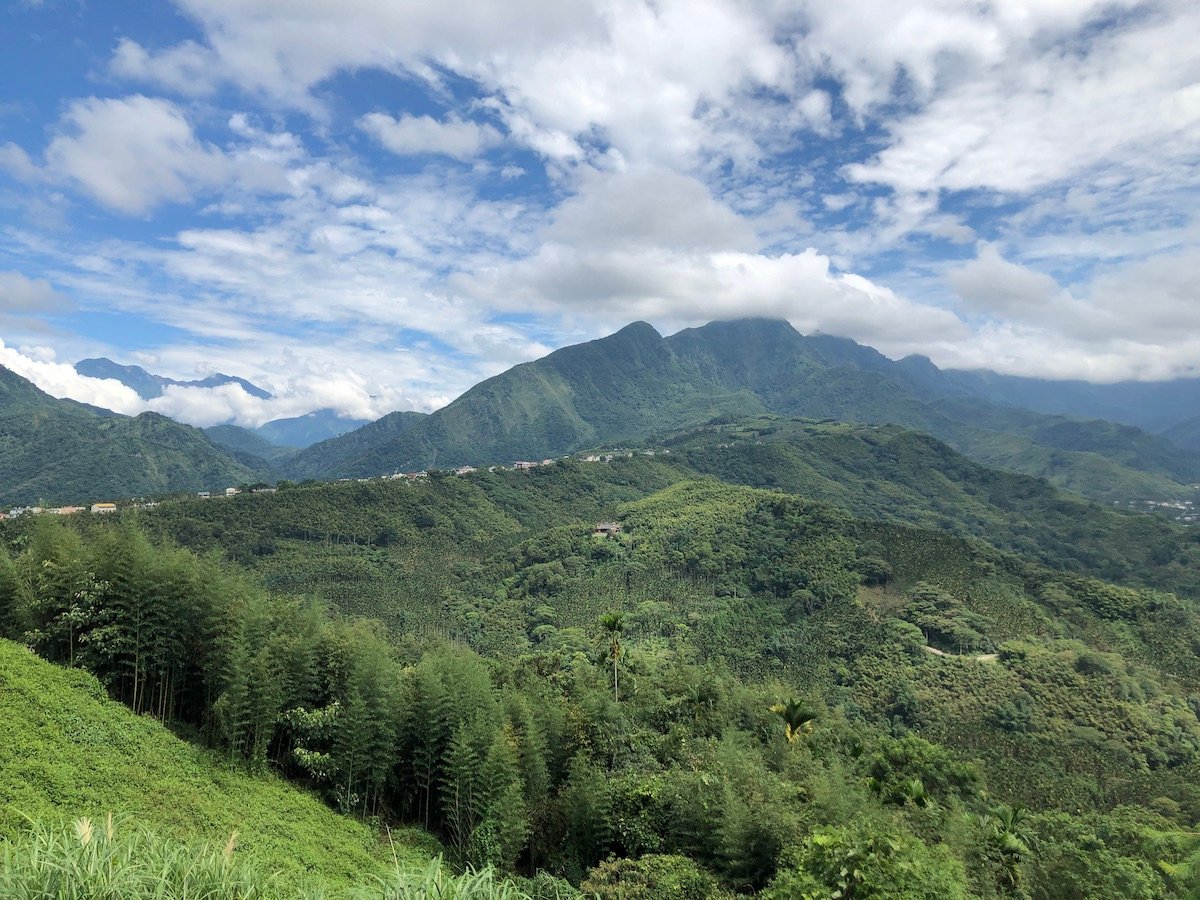

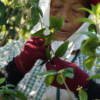
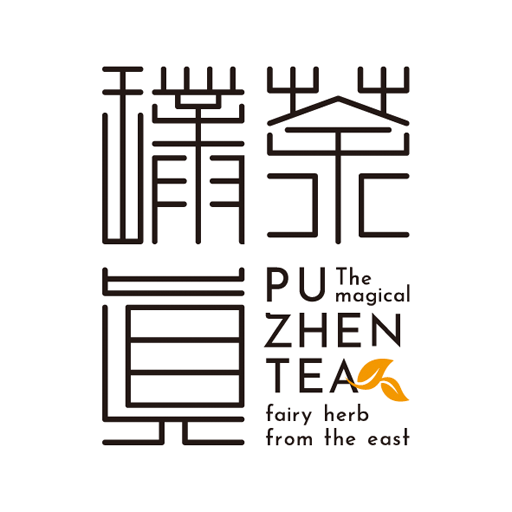

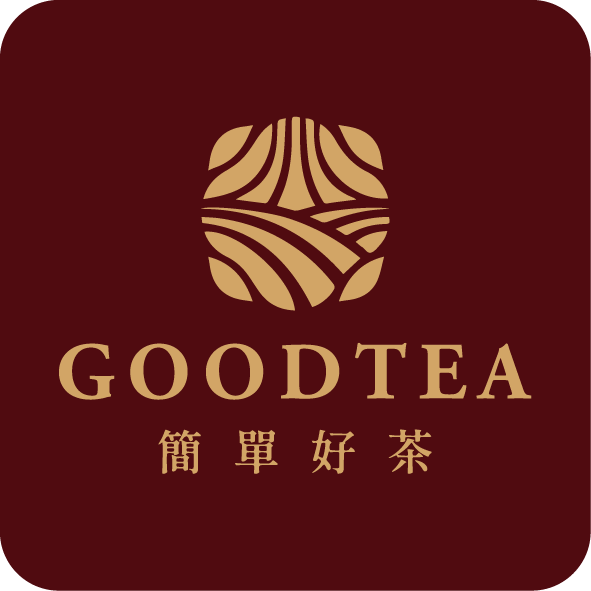
Leave a reply